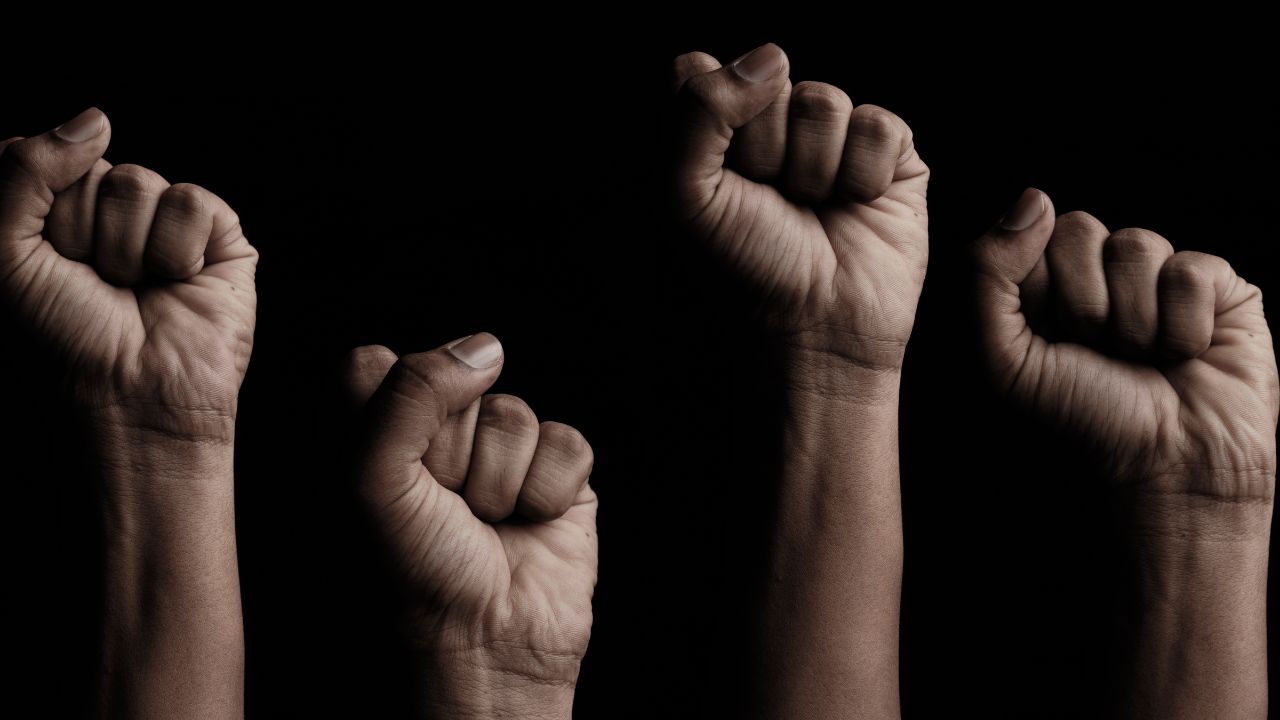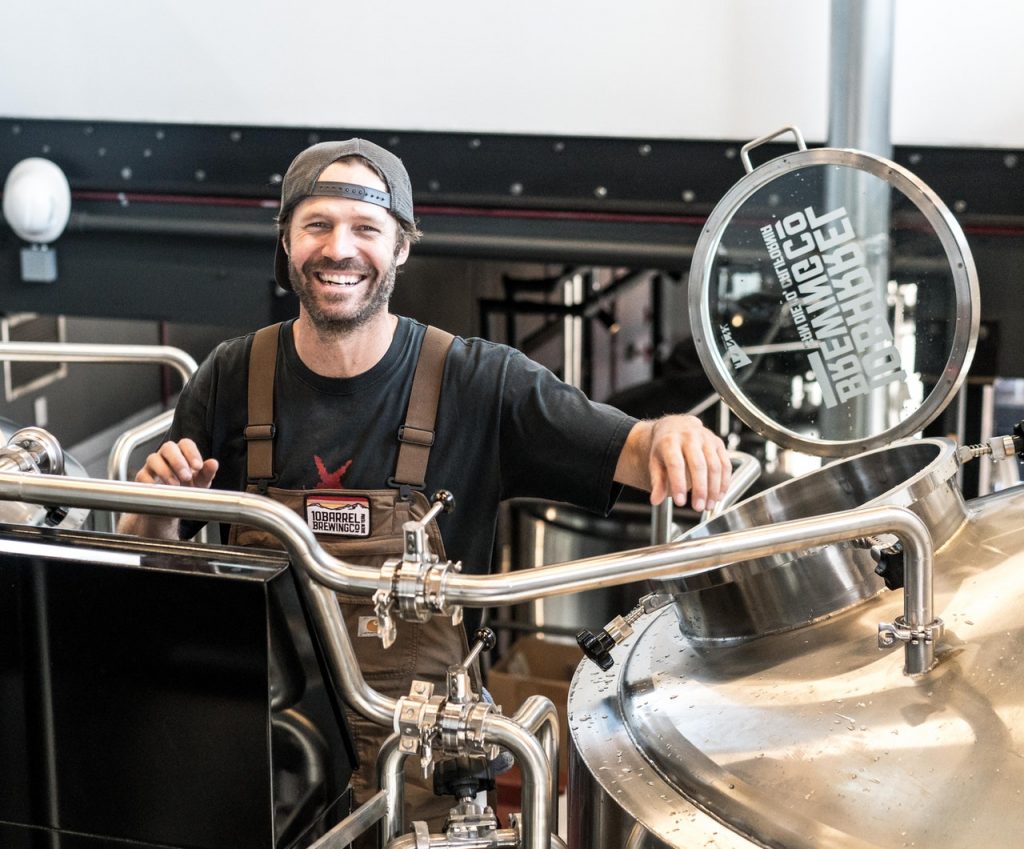Table of Contents
Have you ever wondered what motivates people to struggle for change? Why do they fight for what they believe in, even when it’s challenging? Before we dive into the motivations behind people’s struggles for change, let’s first define what we mean by “change.” In this context, change refers to the collective efforts individuals undertake to bring about a transformation in various aspects of society, whether it’s social, environmental, political, or cultural change.
The Evolution of Motivations for Change
Throughout history, the quest for change has been a defining characteristic of human progress. From the earliest civilizations to the modern era, individuals and communities have sought to challenge the status quo and bring about meaningful transformations. The motivations that drive people to struggle for change have evolved over time, reflecting the shifting dynamics of society, culture, and the pursuit of a better future.
Survival and Improvement
In ancient times, change was often driven by the quest for survival and improvement. Early humans adapted to new environments, developed agriculture, and built communities to secure their well-being. Over the centuries, societal structures emerged, leading to power imbalances, social inequalities, and injustice. As societies grew more complex, so did the motivations behind struggles for change.
The Pursuit of Knowledge and Individual Liberties
In the Renaissance and Enlightenment periods, the pursuit of knowledge, reason, and individual liberties fueled movements that challenged established authorities and traditional beliefs. Thinkers and philosophers like Voltaire, Rousseau, and Locke advocated for principles of equality, freedom, and human rights. The motivations for change extended beyond mere survival, encompassing intellectual and ideological aspirations.
Industrialization and Workers’ Rights
The industrial revolution of the 18th and 19th centuries brought profound societal transformations. As rapid technological advancements reshaped economies and societies, the motivations behind struggles for change expanded to include workers’ rights, improved labor conditions, and the fight against exploitation. Figures like Karl Marx, Friedrich Engels, and labor activists emerged, driven by a desire to rectify the injustices of the emerging industrial order.
Civil Rights, Women’s Suffrage, and Decolonization
In the 20th century, struggles for change took on new dimensions. Movements for civil rights, women’s suffrage, and decolonization sought to dismantle discriminatory systems and establish equality and justice. These movements were motivated by a profound belief in the inherent rights and dignity of all individuals, regardless of their race, gender, or background.
Contemporary Motivations for Change
Today, the motivations behind struggles for change continue to evolve and encompass a wide range of issues. Environmental activism strives to address the pressing challenges of climate change and preserve the planet for future generations. Movements for social justice and equity tackle systemic racism, economic disparities, and political marginalization.
In understanding the motivations that drive people to struggle for change, it becomes clear that the quest for a better world is deeply ingrained in the human spirit. Whether motivated by survival, knowledge, equality, or justice, individuals and communities have demonstrated an unwavering commitment to challenging the status quo and shaping a brighter future.
In the following sections, we will explore the contemporary motivations that drive people to engage in struggles for change, the challenges they face, and the strategies that can help sustain their motivation and drive. By understanding the motivations behind these endeavors, we can better appreciate the collective power of individuals to effect meaningful change in the world.
What Motivates People to Struggle for Change?

Now that we have a clearer understanding of the concept, let’s explore the reasons why people are motivated to engage in such struggles.
There are many reasons why people are motivated to struggle for change. The motivations behind individuals’ engagement in struggles for change can vary, but some common factors include:
Belief in a Better World
People are often driven by a deep belief in the possibility of creating a better world. They envision a society that is more just, equitable, and sustainable, and are motivated to work towards realizing that vision.
Desire for Justice and Equality
Injustice, inequality, and discrimination can ignite a sense of moral outrage within individuals. They feel compelled to fight for justice and equal rights, motivated by a deep-seated belief in fairness and the inherent dignity of all individuals.
Empathy and Compassion
The ability to empathize with the suffering and struggles of others can be a powerful motivator. People who possess a strong sense of empathy and compassion are often driven to take action and alleviate the pain and hardships faced by marginalized and disadvantaged communities.
Personal Experience
Individuals who have personally experienced injustice or discrimination may be motivated by their own firsthand experiences. They understand the impact of systemic issues on their lives and the lives of others, which fuels their determination to bring about change.
Inspiration from Role Models
Many individuals are motivated by the stories and actions of change-makers who have come before them. Influential figures such as Martin Luther King Jr., Rosa Parks, and Malcolm X inspire others to follow in their footsteps and contribute to positive change. These civil rights activists fought tirelessly for racial equality, facing tremendous opposition, including violence and discrimination. Their belief in justice and equality kept them motivated and served as inspiration for generations to come.
Connection to a Cause or Issue
Personal connections to specific causes or issues can be a significant motivator. Whether it’s a personal connection to a social issue, a passion for environmental preservation, or a dedication to animal rights, individuals often engage in struggles for change when they feel deeply connected to the cause.
Hope for Future Generations
The desire to create a better world for future generations is a powerful motivator. Parents, educators, and community members may be inspired to engage in struggles for change with the aim of leaving a positive legacy and ensuring a better future for their children and future generations.
These examples, including Martin Luther King Jr., Rosa Parks, and Malcolm X, demonstrate the immense impact of individuals who have struggled for change throughout history. Their motivations were fueled by a deep sense of justice, empathy, and the desire to create a better world. They fought tirelessly for racial equality, facing tremendous opposition but never losing sight of their belief in justice and equality.
By understanding the motivations behind people’s engagement in struggles for change, we can better appreciate the collective power of individuals to effect meaningful change in the world. These motivations reflect a fundamental yearning for justice, equality, and a better future for all.
Challenges and Strategies for Sustaining Motivation
However, the path to change is not easy. Those who fight for change often encounter numerous challenges. Here are some common obstacles they face and how they navigate them:
Opposition and Resistance
Individuals fighting for change often face opposition and resistance from those who benefit from the status quo. Overcoming this opposition requires resilience, strong convictions, and effective communication to engage with those who hold different views.
Lack of Progress
Change can be a slow and arduous process, leading to frustration and disillusionment. It’s important for individuals who struggle for change to stay motivated by celebrating small victories, learning from setbacks, and seeking support from like-minded individuals and communities.
Burnout and Self-Care
What motivates people to struggle for change can also be a source of burnout and exhaustion. Advocates must prioritize self-care to avoid burnout. Taking breaks, seeking support from loved ones, and engaging in activities that replenish their energy and well-being are essential.
Navigating Complex Systems
Initiating change often involves working within existing structures and systems. Understanding how to navigate bureaucracy, politics, and legal frameworks is crucial for making meaningful progress.
Conclusion of what motivates people to struggle for change

The motivations behind people’s struggles for change are diverse and powerful. What motivates people to struggle for change is their belief in the possibility of creating a better world. They believe that change is necessary, they want to make a difference, they feel passionate about their cause, and they are inspired by others. These individuals face various challenges, including opposition, slow progress, burnout, and navigating complex systems. However, their unwavering belief in the possibility of change keeps them going.
If you find yourself inspired by the stories of those who have fought for change, remember that you are not alone.
In summary, the motivations behind people’s struggles for change have evolved throughout history. From the quest for survival and adaptation in ancient times to the pursuit of knowledge, reason, and individual liberties in the Renaissance and Enlightenment periods, and the fight for civil rights, women’s suffrage, and environmental sustainability in modern times, the desire for change is deeply ingrained in human nature. While the motivations may differ, the challenges faced by those who strive for change remain consistent. Overcoming opposition, navigating slow progress, avoiding burnout, and understanding complex systems are all part of the journey. Yet, the unwavering belief in the possibility of a better world drives individuals and communities to persist.
It is important for each of us to recognize our own potential to make a difference and take action. Whether it’s advocating for social justice, protecting the environment, or standing up against discrimination, every individual has the power to contribute to positive change. By educating ourselves, supporting causes we believe in, and engaging with others, we can be catalysts for meaningful transformations in our communities and beyond.
Together, we can build a future that reflects our shared values of equality, justice, and sustainability. The time for change is now. Will you join the struggle?








